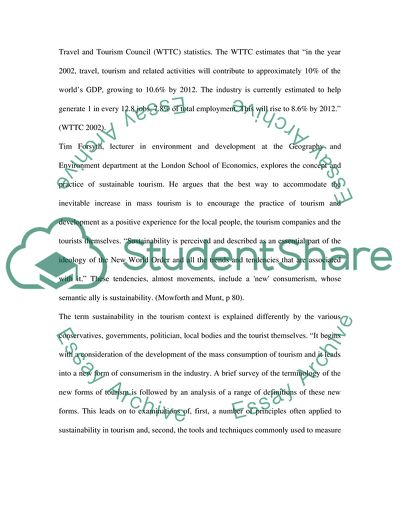Cite this document
(The Economic Problems for The Sustainable Tourism Industry Coursework, n.d.)
The Economic Problems for The Sustainable Tourism Industry Coursework. Retrieved from https://studentshare.org/macro-microeconomics/1707858-the-economic-problems-for-the-sustainable-tourism-industry-and-their-alleviation
The Economic Problems for The Sustainable Tourism Industry Coursework. Retrieved from https://studentshare.org/macro-microeconomics/1707858-the-economic-problems-for-the-sustainable-tourism-industry-and-their-alleviation
(The Economic Problems for The Sustainable Tourism Industry Coursework)
The Economic Problems for The Sustainable Tourism Industry Coursework. https://studentshare.org/macro-microeconomics/1707858-the-economic-problems-for-the-sustainable-tourism-industry-and-their-alleviation.
The Economic Problems for The Sustainable Tourism Industry Coursework. https://studentshare.org/macro-microeconomics/1707858-the-economic-problems-for-the-sustainable-tourism-industry-and-their-alleviation.
“The Economic Problems for The Sustainable Tourism Industry Coursework”. https://studentshare.org/macro-microeconomics/1707858-the-economic-problems-for-the-sustainable-tourism-industry-and-their-alleviation.


